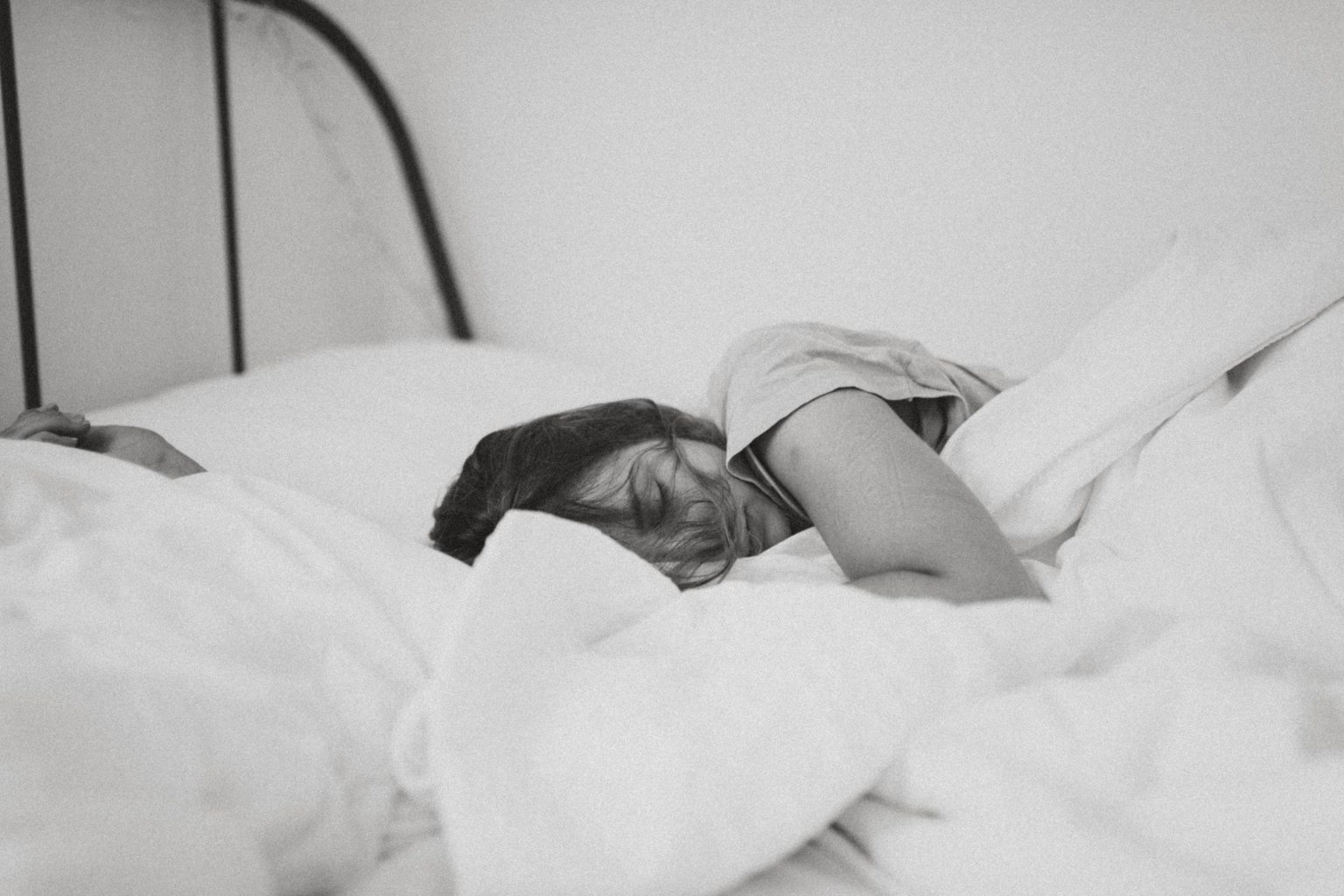
After a tiring day, everyone wants a comfortable and undisrupted sleep. Many factors like noise and light can disrupt your sleep, causing you to wake up multiple times at night. But, light is a crucial factor that has a complex relationship with sleep and can affect your overall health also.
Light can affect your sleeping patterns by influencing melatonin production, circadian rhythms, and sleep cycles.
Circadian rhythm is an internal 24-hour clock that regulates the sleep and wake cycles and many other body processes. This rhythm is significantly influenced by the absence and presence of light and is controlled by a circadian pacemaker.
With exposure to sunlight, our circadian rhythms synchronize with the sunrise and sunset timings. The brain interprets the light entering your eyes as information about the time of the day, and your organs and other systems are adjusted accordingly.
But, with electricity, even after sunset, there are abundant sources of light that affect the circadian pacemaker. Poorly timed or excess artificial light can hinder your circadian rhythms and misalign them with the actual day and night schedule. It can also cause other health concerns like weight gain, lower metabolism, elevated cancer risks, and cardiovascular problems.
During normal sleep, a person goes through four to six sleep cycles. Your sleep is lightest when you fall asleep and keeps getting deeper as time passes. When it’s time to wake up, the sleep cycle again becomes lighter.
Light exposure at night can disrupt the sleep cycle by blocking the transition between different sleep cycles and causing repeated awakenings during the night.
Melatonin is a naturally occurring hormone in our body that determines sleep time. Higher levels of melatonin cause drowsiness, which facilitates sleep.
In response to the surrounding darkness, the pineal gland in the brain starts producing melatonin to help the body fall asleep. Regular cycles of melatonin production also help regulate circadian rhythms.
But, increased exposure to light hinders melatonin production and disrupts your sleep patterns.
It’s better to sleep in as much darkness as possible as it can significantly reduce potential disruptions and disturbances during the night. Sleeping with lights can interfere with melatonin production and affect circadian rhythms.
Sleeping in darkness can benefit your overall health as any form of artificial light during the night can cause various problems like:
If you’re having trouble falling asleep, try Jet-Asleep® today to get a comfortable night’s sleep. With its easy t’ take caplets and non-habit forming formula, you can get the peaceful sleep you deserve.
Contact us today to learn more about our fast-acting, double-strength Jet-Asleep® formula.


